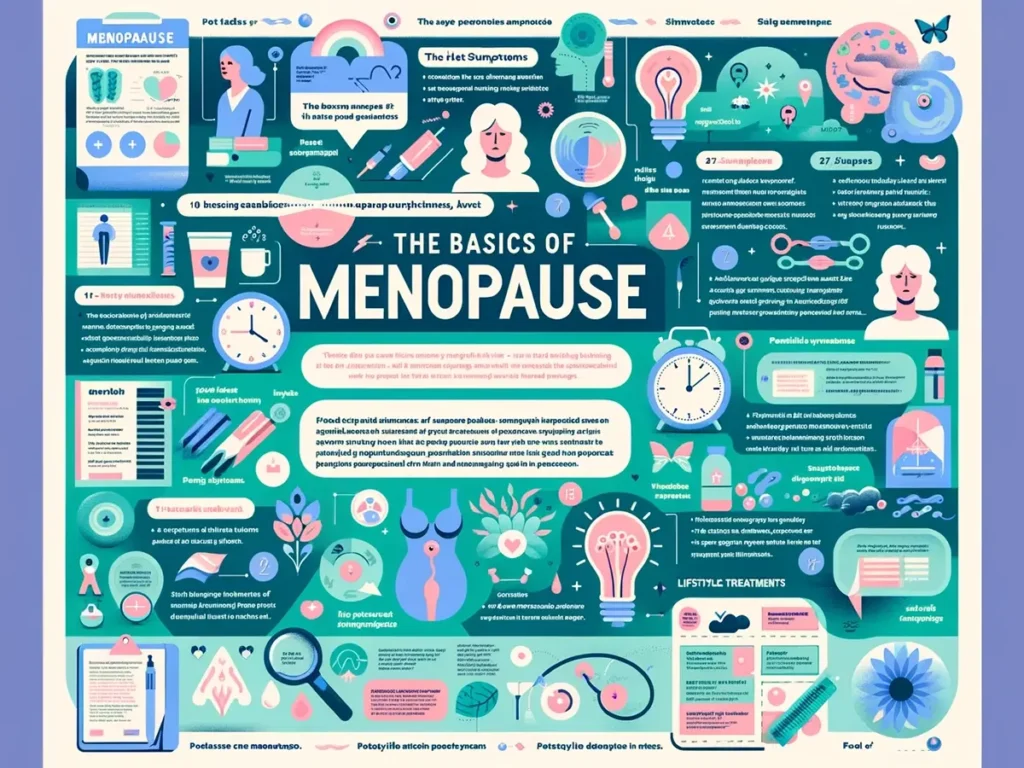Menopause is a natural transition that every woman goes through in her life. It marks the end of reproductive years and the beginning of a new phase. While it is a biological process, menopause can also have a significant psychological impact on women, particularly when it comes to coping with mood swings and depression.
Mood swings are one of the most common symptoms experienced during menopause. Fluctuating hormone levels, particularly estrogen, can disrupt the delicate balance of brain chemicals that regulate mood. This hormonal imbalance can lead to irritability, anxiety, and even depression. It is important to understand that these mood swings are a normal part of menopause and not a sign of weakness or instability.
Depression, on the other hand, is a more severe and persistent mood disorder that can occur during menopause. The hormonal changes during this time can increase the risk of developing depression. Women who have a history of depression may be more vulnerable to experiencing depressive symptoms during menopause. It is crucial to seek help and support if you or someone you know is experiencing symptoms of depression during menopause.
Coping with Mood Swings
While mood swings during menopause can be challenging, several strategies can help women cope with them:
- Self-Care: Taking care of yourself is crucial during this time. Engage in activities that bring you joy and relaxation, such as exercise, hobbies, or spending time with loved ones. Prioritize self-care and plan activities that nourish your mental and emotional well-being.
- Healthy Lifestyle: Adopting a healthy lifestyle can significantly improve mood swing management. Eat a balanced diet, exercise regularly, and ensure you get enough sleep. Avoid excessive caffeine, alcohol, and sugary foods, as they can worsen mood swings.
- Support Network: Surround yourself with a supportive network of friends and family who understand and empathize with what you are going through. Having someone to talk to and share your feelings with can make a big difference in managing mood swings.
Coping with Depression
If you are experiencing symptoms of depression during menopause, it is essential to seek professional help. A healthcare provider can evaluate your symptoms and recommend appropriate treatment options. Here are some additional coping strategies:
- Therapy: Therapy can be highly effective in treating depression during menopause. Cognitive-behavioral therapy (CBT) and other forms of talk therapy can help you identify negative thought patterns and develop healthier coping strategies.
- Medication: In some cases, medication may be necessary to manage depression symptoms. Antidepressant medications can help balance brain chemicals and alleviate depressive symptoms. Consult a healthcare provider to determine if medication is the right option.
- Support Groups: Joining a support group specifically for menopausal women can provide a sense of community and understanding. Sharing experiences and learning from others can be incredibly helpful in coping with depression.
Remember, menopause is a natural phase of life, and experiencing mood swings or depression during this time is not uncommon. Reach out for support, care for yourself, and seek professional help. With the right tools and resources, you can navigate this transition and embrace the next chapter of your life.






